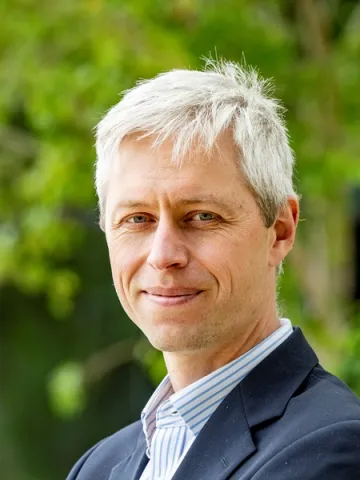Project overview
The EPSRC Centre for Doctoral Training in Next Generation Computational Modelling (NGCM) provides an innovative training programme for post-graduate students to:
- be trained in state-of-the-art best practice for computational modelling
- be exposed to industrial and real-world problems
- become cross-disciplinary communicators
- become cross-disciplinary computational problem solvers
The programme consists of a year of taught material, before students go on to spend three years dedicated on a research topic. The NGCM benefits from an extended network of diverse industrial and academic partners, providing strategic input, hands-on collaboration, sponsorship and internship opportunities. In this way, we enable and encourage the cross-fertilization between modelling paradigms, modelling communities, and application domains that has been identified by industry as critical to the future impact simulation modelling. Unfortunately, the NGCM is therefore no longer accepting new students, and our final cohort (2018/19) are now in the research phases of their PhDs.
- be trained in state-of-the-art best practice for computational modelling
- be exposed to industrial and real-world problems
- become cross-disciplinary communicators
- become cross-disciplinary computational problem solvers
The programme consists of a year of taught material, before students go on to spend three years dedicated on a research topic. The NGCM benefits from an extended network of diverse industrial and academic partners, providing strategic input, hands-on collaboration, sponsorship and internship opportunities. In this way, we enable and encourage the cross-fertilization between modelling paradigms, modelling communities, and application domains that has been identified by industry as critical to the future impact simulation modelling. Unfortunately, the NGCM is therefore no longer accepting new students, and our final cohort (2018/19) are now in the research phases of their PhDs.
Staff
Lead researchers
Collaborating research institutes, centres and groups
Research outputs
Marley, Luke Samways, Richard D. Taylor, Hannah Bruce Macdonald & Jonathan W. Essex,
2021, Chemical Society Reviews, 50(16), 9104-9120
DOI: 10.1039/D0CS00151A
Type: article
Samuel Senior, William S. Brocklesby & Peter Horak,
2021
Type: conference
Dimitrios Mathas, Walter Holweger, Marcus Wolf, Christof Bohnert, Vasilios Bakolas, Joanna Procelewska, Ling Wang, Scott Bair & Chris-Kriton Skylaris,
2021, Tribology Transactions, 64(6), 1138-1148
Type: article
Marley Luke Samways, Hannah Bruce Macdonald & Jonathan W. Essex,
2020, Journal of Chemical Information and Modeling, 60(10), 4436-4441
Type: article
Daniel Wallace & Jordan Cheer,
2020
Type: conference
James Richard Bailey & Edward Richardson,
2020, Proceedings of the Combustion Institute, 38(2), 2791-2799
Type: article
